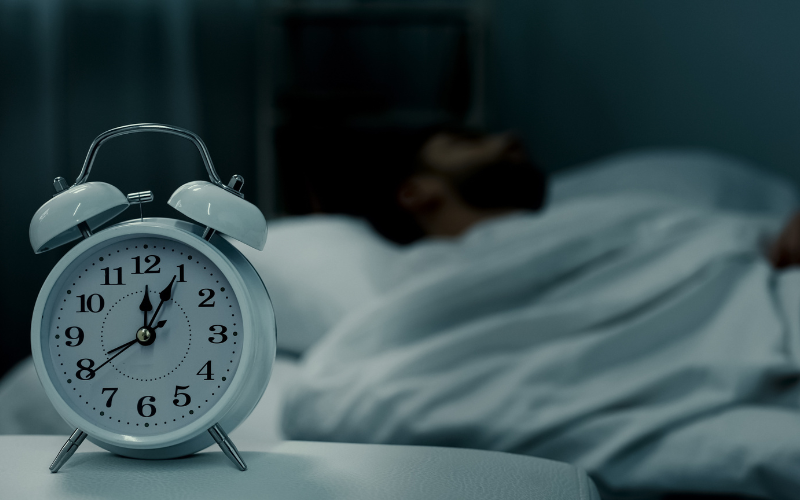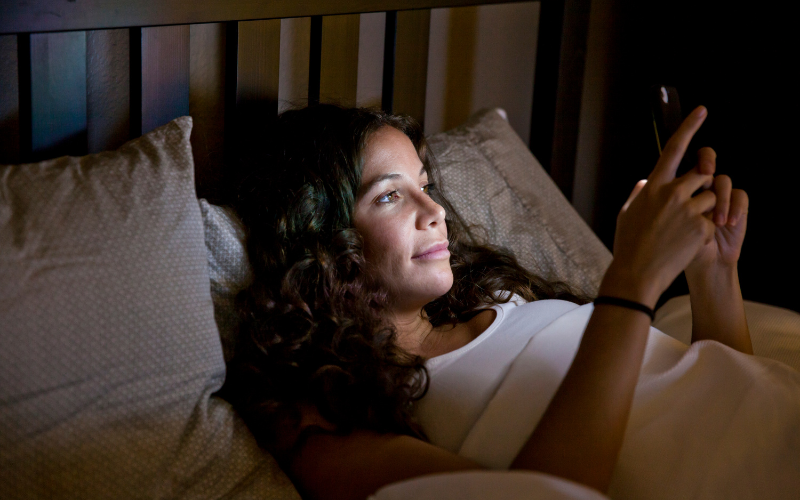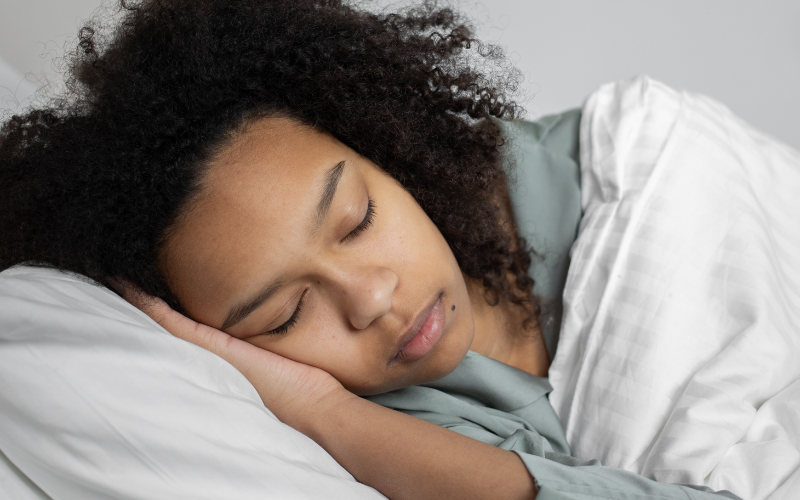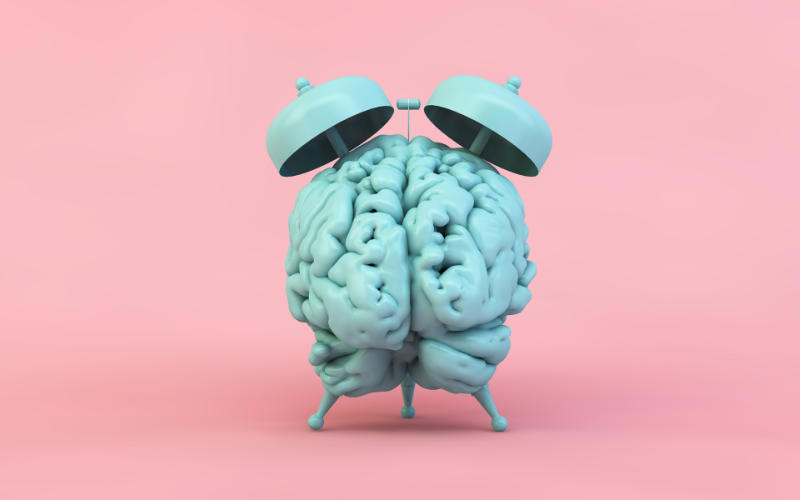8 Health Problems Linked to Not Getting Enough Sleep
- Comments Off on 8 Health Problems Linked to Not Getting Enough Sleep
- by SadofNE
Original Post | Why Not Getting Enough Sleep Is Bad for Your Health
A good night’s sleep helps you feel refreshed and perform better the following day. But there’s growing evidence that sleep is critical for maintaining good long-term health, too.
The body can usually cope with occasionally staying up late, but if you’re frequently or chronically depriving yourself of sleep, there will be a price to pay, says Sigrid C. Veasey, MD, a researcher and professor of medicine at Penn Medicine in Philadelphia.Here are some of the long-term health problems linked to not clocking enough hours of shut-eye.
Why Sleep Is So Good for Your Immune System
Learn how sleep boosts your immune system and why it’s essential for overall health.
1. Poor Brain Health
Studies have linked sleep problems to poor thinking and memory skills later in life, which could put people at higher risk for dementia, says Clémence Cavaillès, PhD, a researcher at the University of California in San Francisco.
Bad sleep may also result in premature aging of the brain, says Dr. Cavaillès. She is the author of a recent study that found that people who have poor sleep quality have more signs of poor brain health as they get older compared with people who have fewer sleep issues.
The study, which followed 600 middle-aged participants over 15 years, found that people with the greatest number of sleep complications had an average brain age that, over this time period, became 2.6 years more advanced than people with the fewest sleep issues.
Bad sleep quality, difficulty falling asleep, difficulty staying asleep, and early morning awakening were linked to greater brain age, especially if the issue persisted over five years.
A prematurely aging brain has significant implications for numerous aspects for cognitive health, daily functioning, and overall well-being, says Cavaillès.
“Specifically, advanced brain aging has been associated with worse cognitive functions and Alzheimer disease–related atrophy patterns,” she says.

2. Depression and Anxiety
Research shows that people who have chronic insomnia have a higher rate of depression and anxiety compared with people who haven’t been diagnosed with insomnia, says Meena Khan, MD, a neurologist and sleep medicine specialist at The Ohio State University Wexner Medical Center in Columbus. It’s estimated that about 40 percent of people with insomnia have clinical depression.
The relationship between mood and sleep is complex and bidirectional, which means that depression or anxiety can worsen sleep, and lack of sleep can also negatively impact mood. Insomnia is considered an independent risk factor for developing a mental health disorder, including depression, in people of all ages.
Sometimes separate treatments are needed to help with the sleep problems and the anxiety or depression, but in some cases improving sleep can help mood, too, says Dr. Khan.
3. Type 2 Diabetes
Poor quality sleep or short sleep duration has been linked to poorer blood sugar control in people with and without diabetes, says Khan. It can increase risk of developing diabetes as well, she says.
In a group of middle-aged Caucasians, researchers found a strong association between poor sleep quality and metabolic syndrome, insulin levels, fasting blood sugar levels, and insulin resistance, which is often a precursor to type 2 diabetes.
4. Weight Gain and Obesity
There is a strong link between having sleep issues and being overweight or having obesity. That’s because not getting enough sleep on a regular basis (sleep deprivation) can create an imbalance in the hormones that regulate your appetite, ghrelin and leptin.
Leptin helps you feel full, and ghrelin makes you feel hungry. Because leptin levels typically rise during sleep, experts think if you aren’t getting enough, your leptin levels decrease, making you feel hungrier, and that may lead to eating more than you need. On top of that, sleep disruptions of any kind can cause an increase in ghrelin, which also increases your appetite.
Research suggests that insufficient sleep makes people burn about 100 more calories a day. Although that sounds like a good thing, the extra wake time also increases how much people eat or drink by more than 250 calories, which over time can make people gain weight.
5. Hypertension, Heart Disease, and Stroke
The American Heart Association (AHA) includes sleep in its “Life’s Essential 8,” a checklist of modifiable factors that can improve heart health.
Even small changes in sleep have been linked to heart issues. There are 24 percent more heart attacks for the first three to four days after the clocks change in March, and a 21 percent reduction in heart attack risks in November when clocks “fall back” and people gain an hour of sleep.
Regularly sleeping five hours or less is associated with a 2 to 3 times greater risk of coronary artery buildup (decreasing the blood flow to your heart), meaning that sleep deprivation may increase the likelihood of coronary artery disease.
People with obstructive sleep apnea (OSA) have higher risk of hypertension, heart attack, and stroke, says Khan.
6. Kidney Problems
The link between sleep and kidney health hasn’t been as firmly established as the link between sleep and other chronic conditions, says Khan.
People with chronic kidney disease often have sleep disorders such as restless leg syndrome and insomnia related to their condition.
[10] But there’s evidence that poor sleep quality is associated with developing chronic kidney disease, which researchers believe could be related to the disruptions in circadian rhythms.
7. Impaired Immune Function
Not getting enough or good enough quality sleep can shortchange your immune system, says Khan.
“There is evidence that getting plenty of sleep can benefit your immune system and that impaired sleep is linked with being more susceptible to infections,” she says.
Research has linked poor sleep to an increased susceptibility to certain types of illness. People who chronically get less than seven hours of sleep a night are 3 times as likely to develop the common cold compared with those who routinely get eight hours or more of sleep.
Additionally, studies on flu vaccines and hepatitis A and B vaccines suggest that not sleeping hurts your body’s ability to make disease-fighting antibodies. When study participants were deprived of sleep for about four hours a night in the days before and one to two days following vaccination, they developed a significantly lower level of antibodies compared to those who were not sleep-deprived.
8. A Less Healthy Gut
The gut microbiome is all the microorganisms such as bacteria and fungi that are found in the gastrointestinal tract, and experts believe that the more diverse the microbiome, the better it is for overall health.
There are some studies that suggest that altered sleep — for example, what night shift workers would experience — may impact your gut health, Khan says.
A study using Mendelian randomization, a method that uses genetic variation to study causal effects of different health variables, found that sleep issues may alter the abundance of gut microbiota.
Investigators also found several types of gut bacteria may be involved in many different aspects of sleep regulation, which suggests the relationship between sleep and the gut goes in both directions.
The Takeaway
-
- Poor sleep quality may lead to cognitive problems and a higher risk of dementia, with studies showing a correlation between sleep issues and accelerated brain aging.
-
- Chronic sleep deprivation significantly increases the risk of depression and anxiety, with about 40 percent of those with insomnia experiencing clinical depression.
-
- Sleep problems are associated with increased risk of type 2 diabetes and metabolic syndrome due to impaired blood sugar control.
-
- Regularly getting less than five hours of sleep is linked to a higher risk of hypertension, heart disease, and stroke, potentially increasing coronary artery disease risk.







